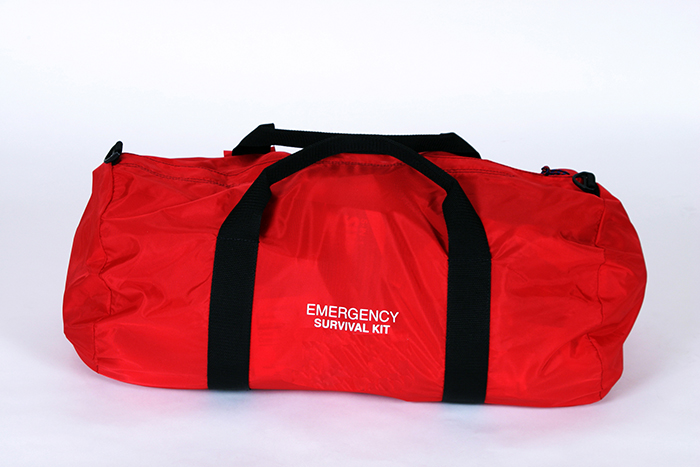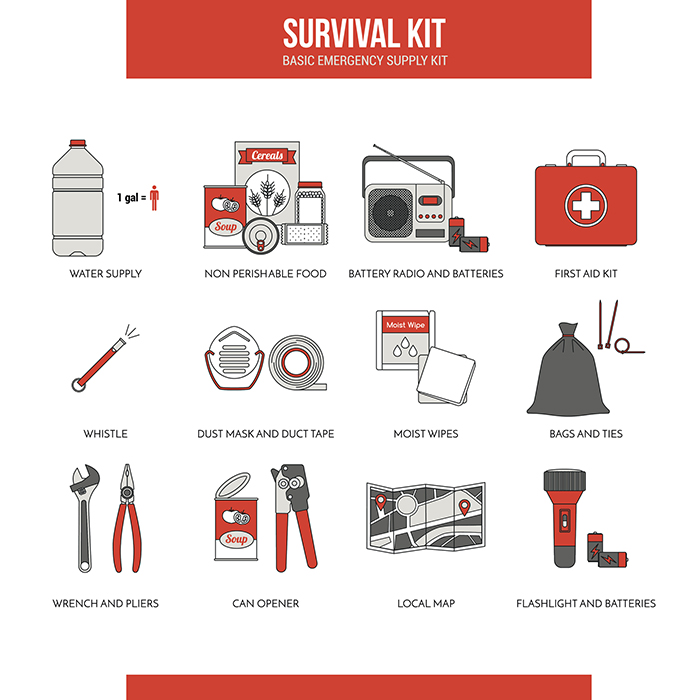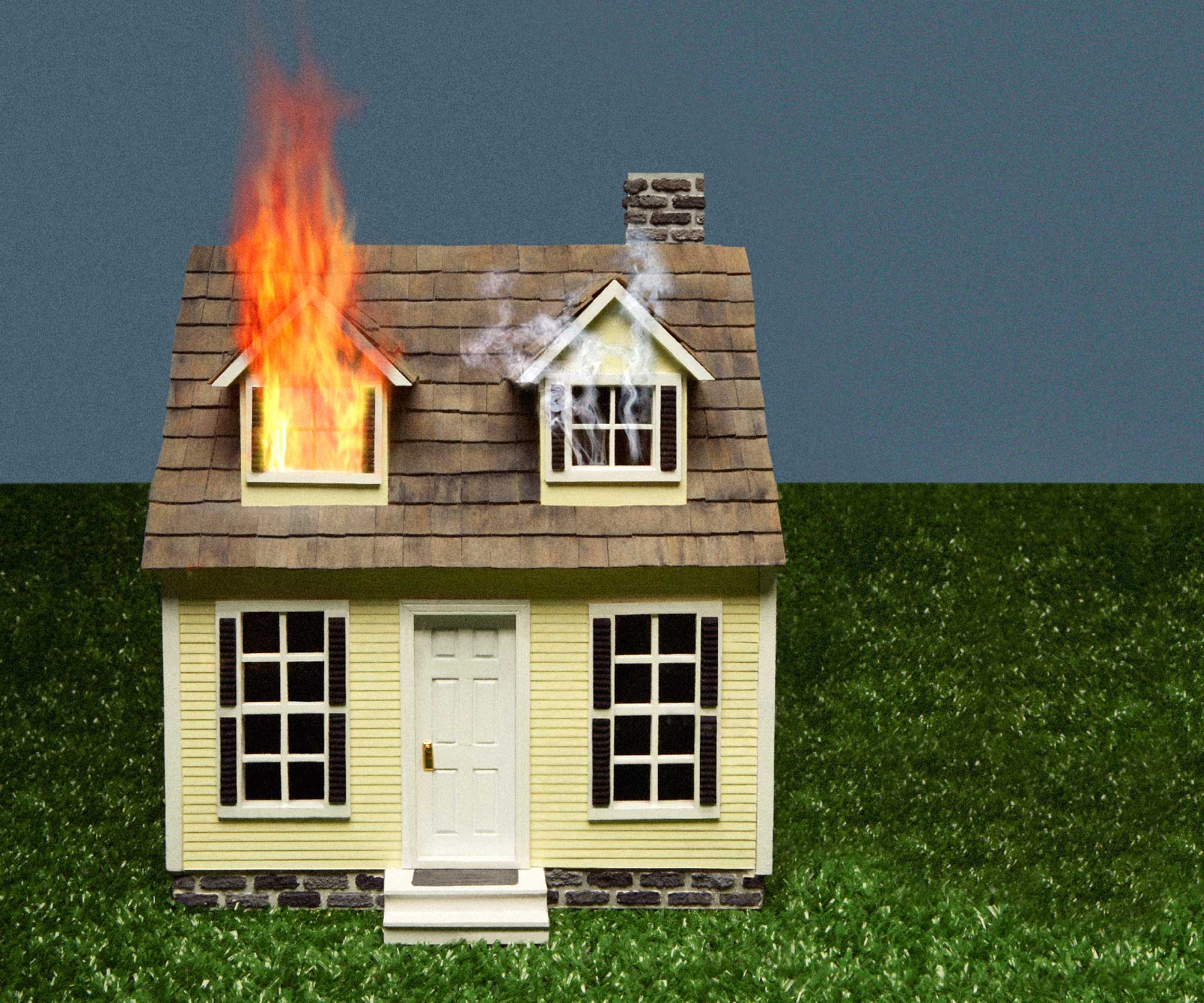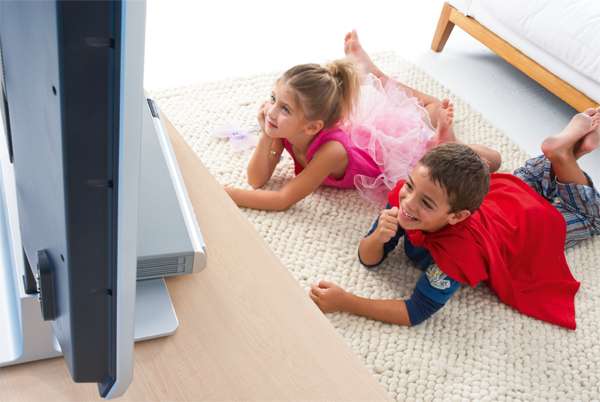The devastation of the tropical cyclones in the Pacific is a timely reminder of the importance of being prepared should disaster strike.
It doesn’t take long to sit down with your family and talk about what you would do if there was a disaster. Then taking steps to plan for that will give you peace of mind and will make coping after a major event much easier.
Work out an emergency plan:
• Organise where you will meet after a disaster (bearing in mind that getting to places might be difficult)
• Decide where to store emergency survival items and ensure that everyone knows where they are
• Make sure everyone knows about their individual responsibilities, i.e. who is in charge of looking after the family pets
• Think about extended family members who may need help and discuss emergency plans with them
• Know how and when to turn off water, electricity and gas at the mains
• Make a note of what local radio stations to tune into for civil defence information
• Print out information from your local council’s website about civil defence arrangements in case you can’t get online after a disaster strikes
• Store all important documents, i.e. passports, birth certificates, insurance details, mortgage papers, wills etc in a safe place. It is useful to keep them in a container (like a fire-resistant tin) that can easily be transported.

Have an emergency survival kit ready to go.
Make sure it includes:
• A radio with spare batteries
• A torch with spare batteries
• A first aid kit and your essential medication
• Blankets or sleeping bags
• Supplies for pets
• Waterproof and warm clothing and sun hats
• Strong outdoor shoes
• Face masks
• Toilet paper, a bucket with a lid, bleach or disinfectant and large rubbish bags for an emergency toilet
• A packed getaway kit (a backpack is good for one of these) containing a selection of the above, plus water and easy-to-carry food such as energy bars
• Enough non-perishable canned or dried food to last for at least three days
• A can opener
• At least three litres of drinking water per person for at least three days
• Extra water for washing and cooking
• A primus or gas barbecue and matches/lighter.
Note that batteries should be checked every three months, and food and water replaced every 12 months.

Other things you can do:
• Brush up on your first aid training
• Make sure your insurance cover is adequate and up to date, and documents can be easily accessed
• Keep some emergency survival items in your car, such as walking shoes, a waterproof jacket, non-perishable snack food and a torch
• Make sure your pets are micro-chipped and have a disc with your phone number on their collar
• Invest in battery-powered lanterns. Candles can blow over in an aftershock and become a fire hazard. Kerosene lamps need a lot of ventilation and are not suitable for indoors
• Read up on how to cope in different emergencies, e.g. what to do in a volcanic eruption (if that’s a possibility) as well as an earthquake or tsunami. If you’re not sure if you’ll remember what to do, print out the basics and keep in a folder with plastic sleeves.

